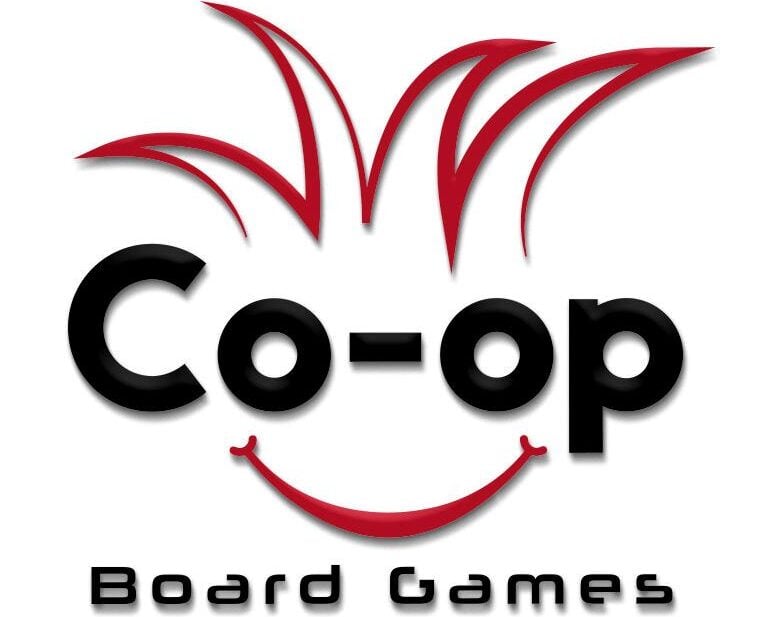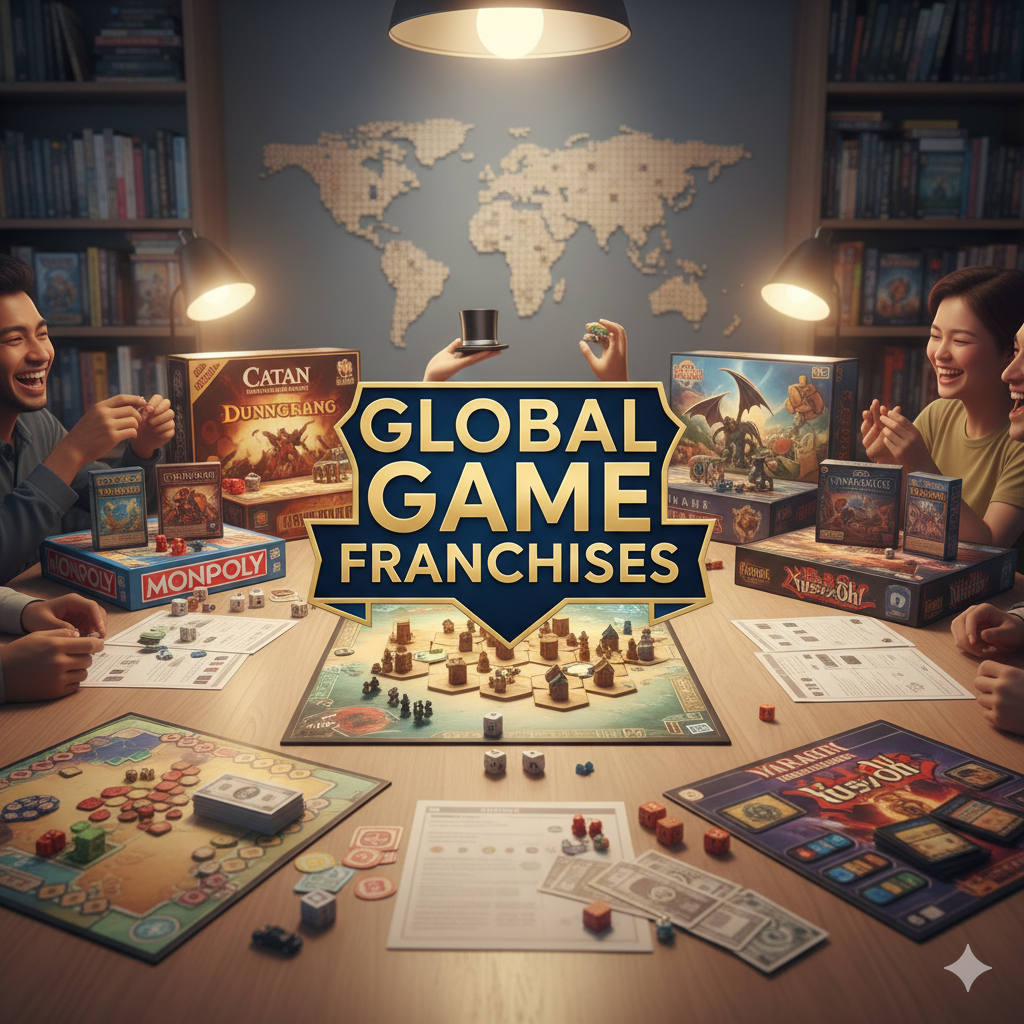Board Games That Have Become A Global Franchise
Board games, with their timeless appeal, have always had a way of crossing borders and finding their way into homes around the world. Some titles stand out because they don’t just sell well for a few years; they become global franchises that shape the hobby, influence design, and sometimes even inspire completely different industries.
From ancient classics like Chess to 20th-century hits like Monopoly, these games continue to leave their mark, evoking a sense of nostalgia and shared experiences among players.
Take Risk, for example. Released in the late 1950s, it was one of the first mass-market wargames that gave players a taste of global conquest. The thrill of trying to take over the world introduced entire generations to the idea of area control and long-term strategy.
Even if modern gamers now lean toward more balanced titles, the shadow of Risk is still there in every globe-spanning strategy game that comes after it.
Pictionary, with its simple yet engaging gameplay, managed to grow far beyond its humble roots. The idea is as simple as can be: draw something, let your friends guess, and laugh at how far off the guesses can get. But that simple framework made it incredibly accessible, and its popularity paved the way for later hits like Concept and Telestrations.
In fact, the game is still a staple in parties today, proving that approachable design can be just as powerful as complex mechanics, and making players feel included in a larger gaming community.
Then there’s Trivial Pursuit. While its board might not matter much, the trivia itself fuelled a franchise that exploded in the 1980s. With dozens of themed editions, it set the standard for how a game can reinvent itself without changing its core mechanics.
That approach, swapping out one key element while keeping the structure, has been adopted by modern titles like Ticket to Ride. Trivia nights at bars and cafés owe a little of their popularity to the road paved by Trivial Pursuit, and we can’t help but appreciate its significant contribution to the gaming culture.
Of course, Monopoly has to be part of this conversation. Everyone knows it, most people have played it, and plenty of gamers love to hate it. While the design itself has plenty of flaws, its influence can’t be denied. It essentially created the market for mass-market games, which in turn opened the door for hobby gaming as we know it today.
Without Monopoly, the landscape of modern board gaming would look very different. The game’s cultural footprint is huge, different versions exist all over the world, and it has even been a great success in the online gaming world, where the game has inspired several versions of slots games online. Love it or hate it, Monopoly is here to stay.
Scrabble deserves mention, too. It took the basic elements of language and turned them into tools for competition. Its influence shows up in subtle ways in collectable card games and word-based spin-offs.
The genius of Scrabble is that it’s both simple to learn and endlessly deep, a combination that helps explain why it has been reprinted in countless languages and remains a family favourite.
And then, of course, there’s Chess. No other game has managed to achieve the same level of global reach, competitive depth, and cultural weight. It has inspired clubs, books, movies, and even professional careers. Few games can claim to shape the way entire generations think about strategy, but Chess certainly has.
What ties all these titles together is their ability to grow beyond the table. They’ve become more than just games; they’re part of our culture, and they continue to influence designers and players across the globe.

